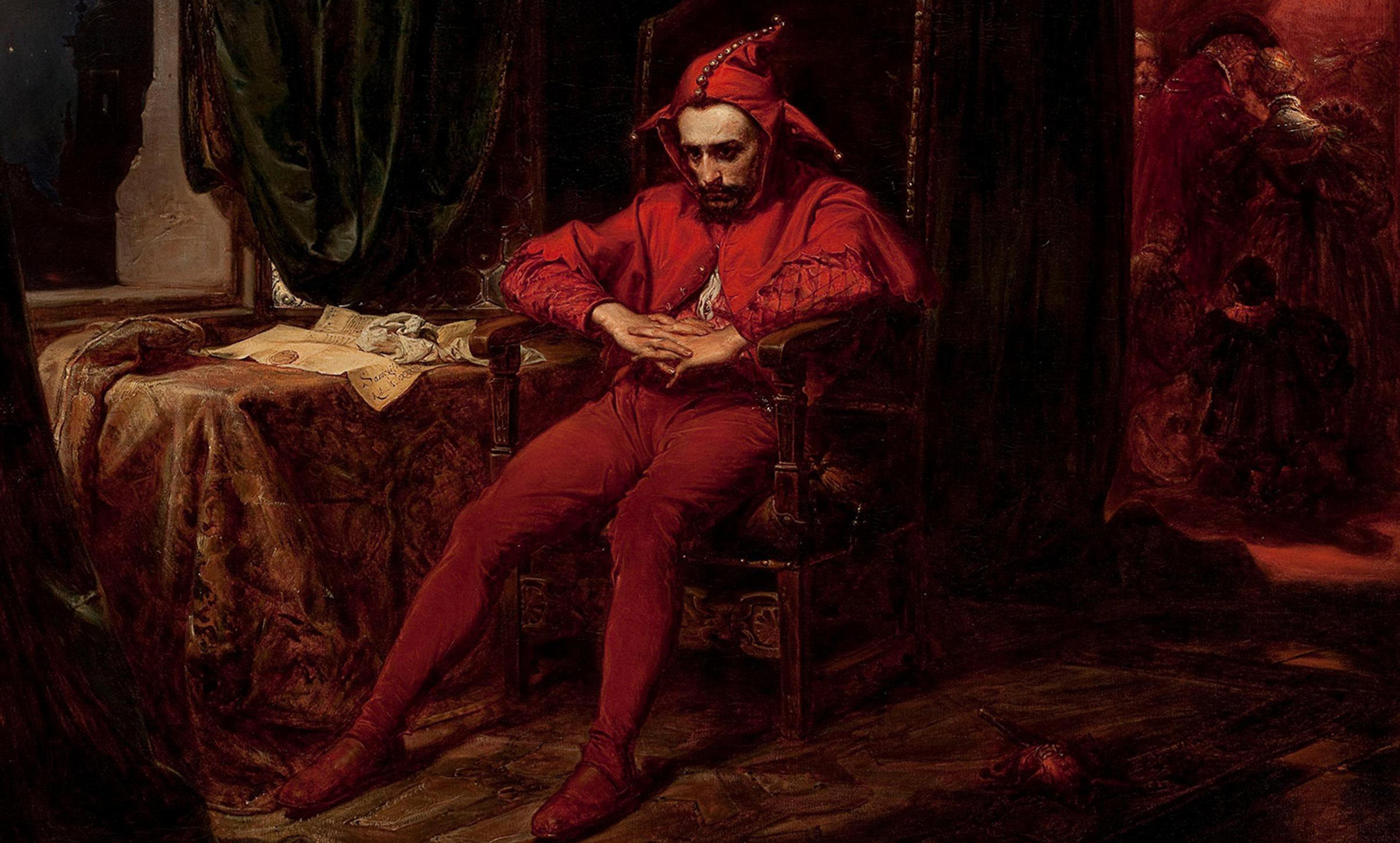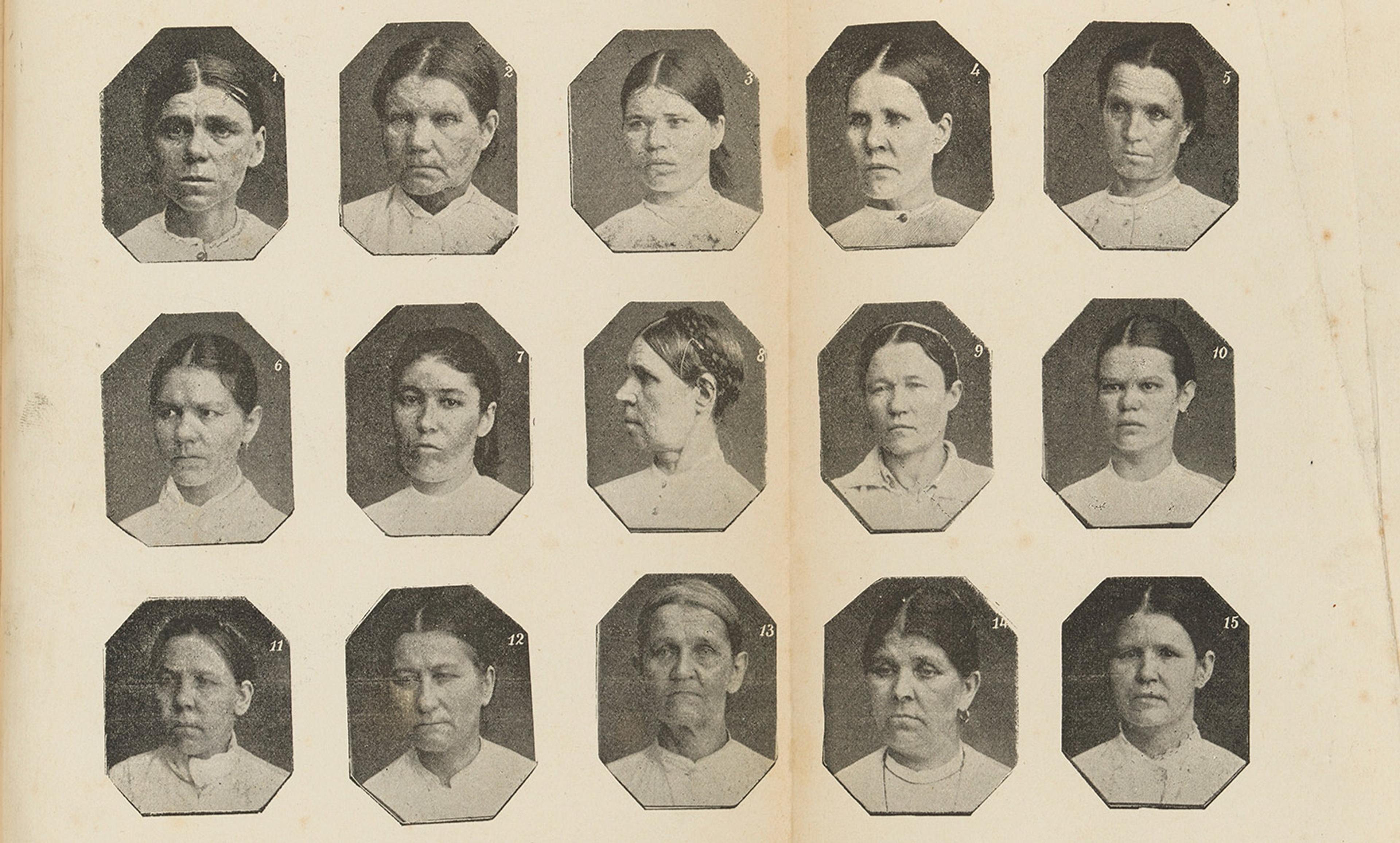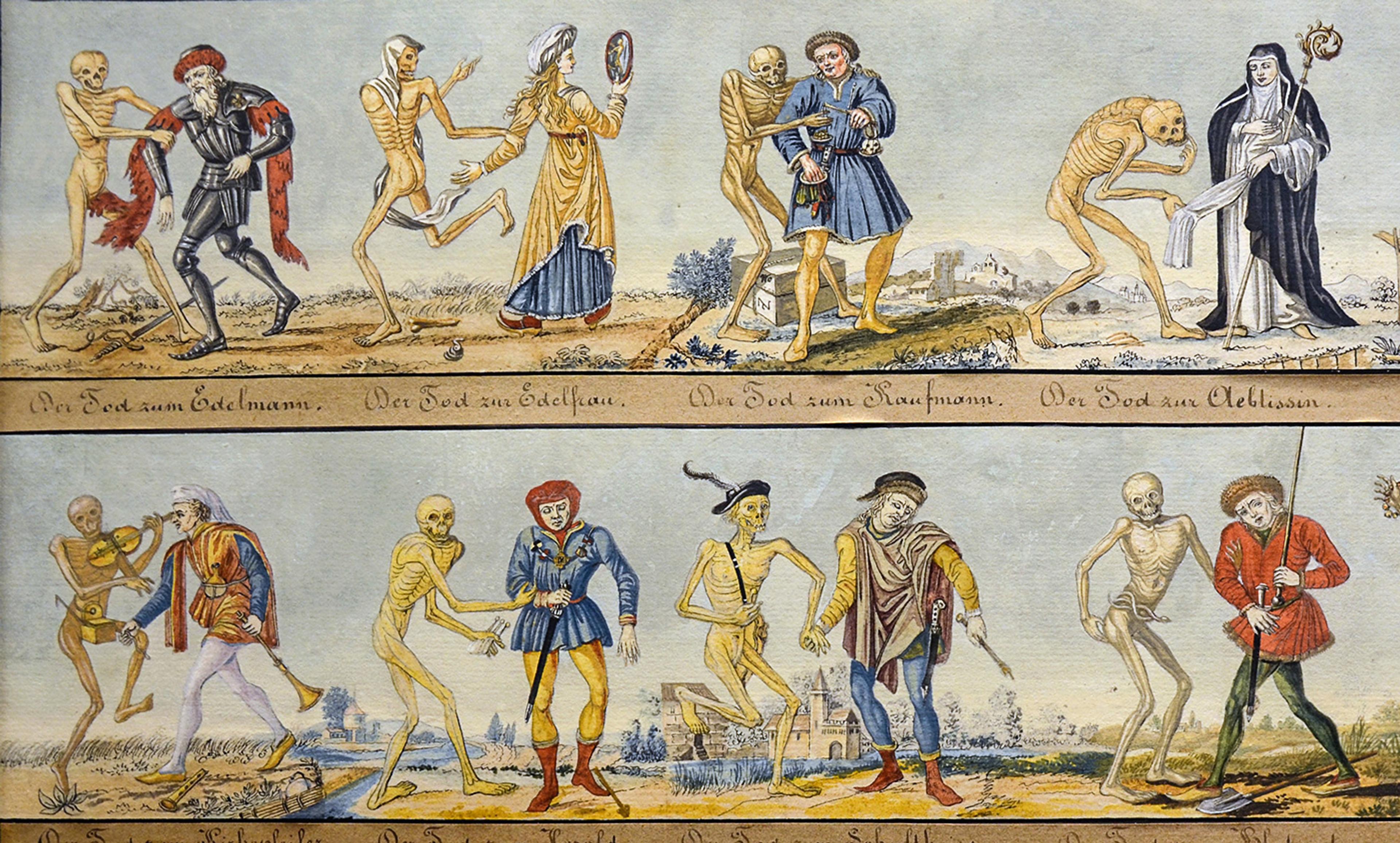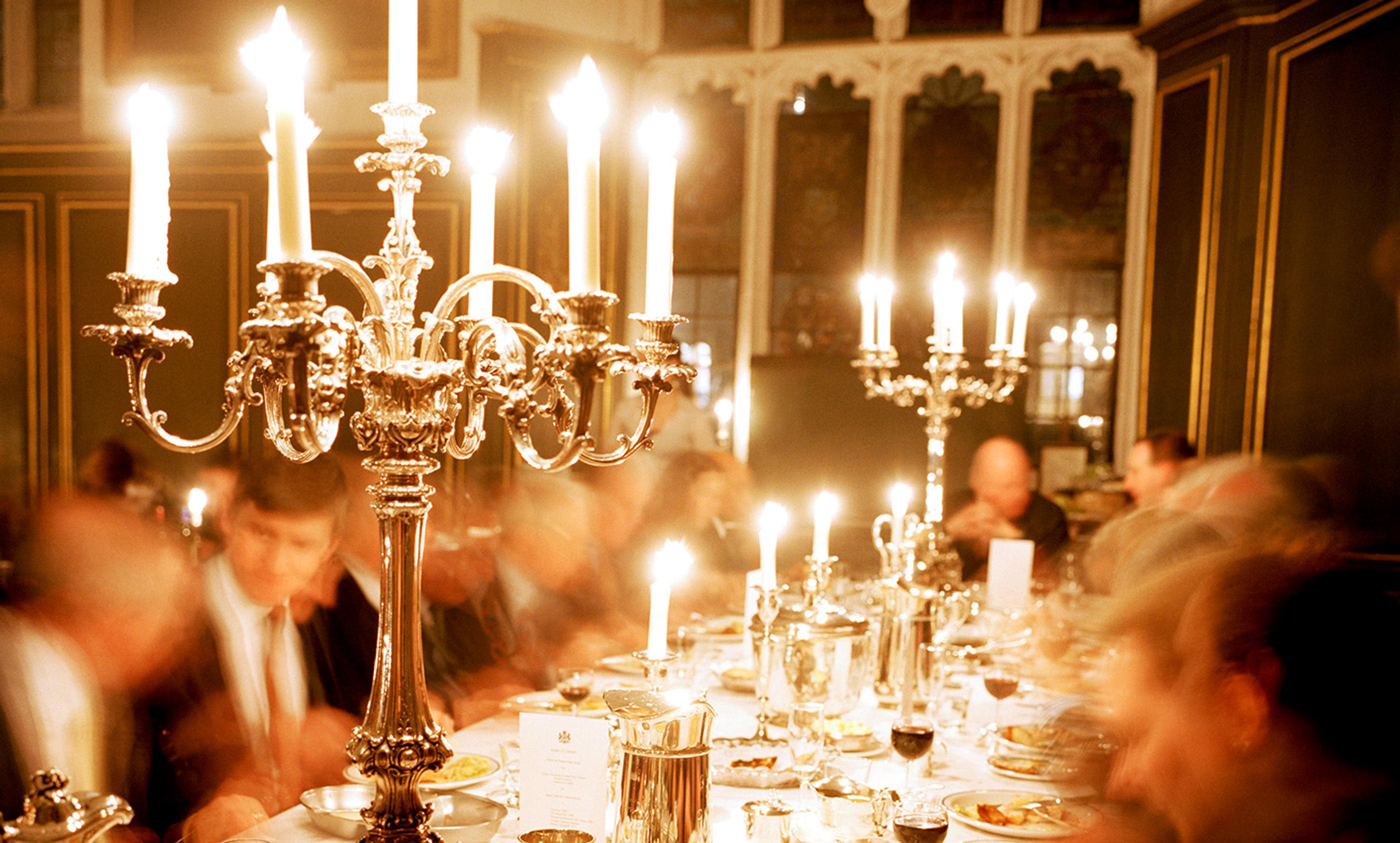
Stańczyk during a ball at the court of Queen Bona by Jan Matejko. Courtesy Wikipedia
The term democracy is used today to denote everything that is wholesome in the social world. Yet there is such a thing as too much democracy. By this I do not mean that democracy needs to be tempered by some autocratic or elitist political ideal. Rather, I mean that we must reserve space in our shared social lives for that which is not political at all. Even in a democracy, politics must be kept in its place.
Keeping democracy in its place is not easy. The very idea of collective self-government tempts us into thinking that citizens must be perpetually fixated on the task of ruling themselves. Accordingly, a central message of most democratic theory has been that our social lives as such should be driven by democratic aims and projects. And this theoretical message has clearly worked its way into practice. Democratic politics has thoroughly infiltrated our social lives. Our daily interactions, from coffee shops and street corners to comment threads and blog posts, are increasingly structured by our political allegiances, and those allegiances ever more frequently supply the content of our casual conversations.
It is no exaggeration to say that in the United States today, your choices about mundane matters – where to buy groceries, what television shows to watch, the sports teams you follow, how to get to work, where you go on vacation, how you spend Sunday mornings – are all deeply tied to your political profile. And this in turn means that your day-to-day interactions with others are limited to those who happen to also shop at those stores, watch that programme, follow that team, take that bus, and walk in that park. Our entire social worlds are shaped by the travails of contemporary politics. To put it dramatically, our social lives are tyrannised by democracy.
The saturation of civic life by democratic politics crowds out the fundamental bases for community and social cooperation that the democratic ethos needs in order to flourish. If we are to work together as a self-governing polity, we must cultivate a kind of civic friendship that enables us to regard each other as fellow citizens and sharers in a common fate. When we interact only on the battlefield of politics, our divisions erode civic friendship. Democracy is thus dismantled.
The tyranny of democracy undermines democracy. This is in no way an anti-democratic thought. It simply applies to democracy a general insight about value, namely that sometimes, in order to realise something of value, one must strive for something else. Certain values are undercut by our single-minded pursuit of them. In such cases, the pursuit of the value in question produces its opposite.
To see how this works, consider a value such as fun. Surely it’s good to have fun? But fun can be had only as a byproduct of participating in activities that have some other objective. We have fun when engaging in pursuits whose point is something other than fun: winning the game, dancing to the song, experiencing the plunge of the rollercoaster, completing the crossword. Accordingly, the persistent boredom of teenagers is the product of their not having anything to pursue but entertainment. When fun itself is the name of the game, everything’s a drag.
Friendship, too, has this general structure. We need friends. Consequently, we ought to form deep friendships. But one of the surest ways to fail at making friends is to try to make them. Friendships emerge from activities other than friend-seeking. One gains friends by sharing experiences, undertaking common projects, and caring about other persons. No matter how good it is to have friends, friendship itself cannot be our pursuit. When we take friendship itself as our goal, we wind up friendless.
The phenomenon has the flavour of paradox. In order to cultivate certain values, one must aim for something other than their cultivation. Yet to regard something as valuable is to be disposed to seek to produce it. Certain values, it seems, require us to develop an odd form of schizophrenia. We must to some degree turn our backs on the value in order to make it manifest.
As democracy rests on civic friendship, it is perhaps no surprise that in order to practise better democracy, we need to engage with each other on matters that are not political. Our civic lives must be structured around shared activities and common experiences that do not have politics at their core, arenas of social engagement that are not already structured and plagued by political categories. We must seek out activities that will involve us in cooperative endeavours with others who, for all we know, have opposing political views from our own. We must talk with strangers about matters of substance that are not at all political. We must create sites of social involvement in which party affiliation and platform allegiance are simply beside the point. We must ‘tune out’, not from society as such but from society as it is constructed by democratic politics. In short, if we want to do democracy right, we need sometimes to do something else entirely.





